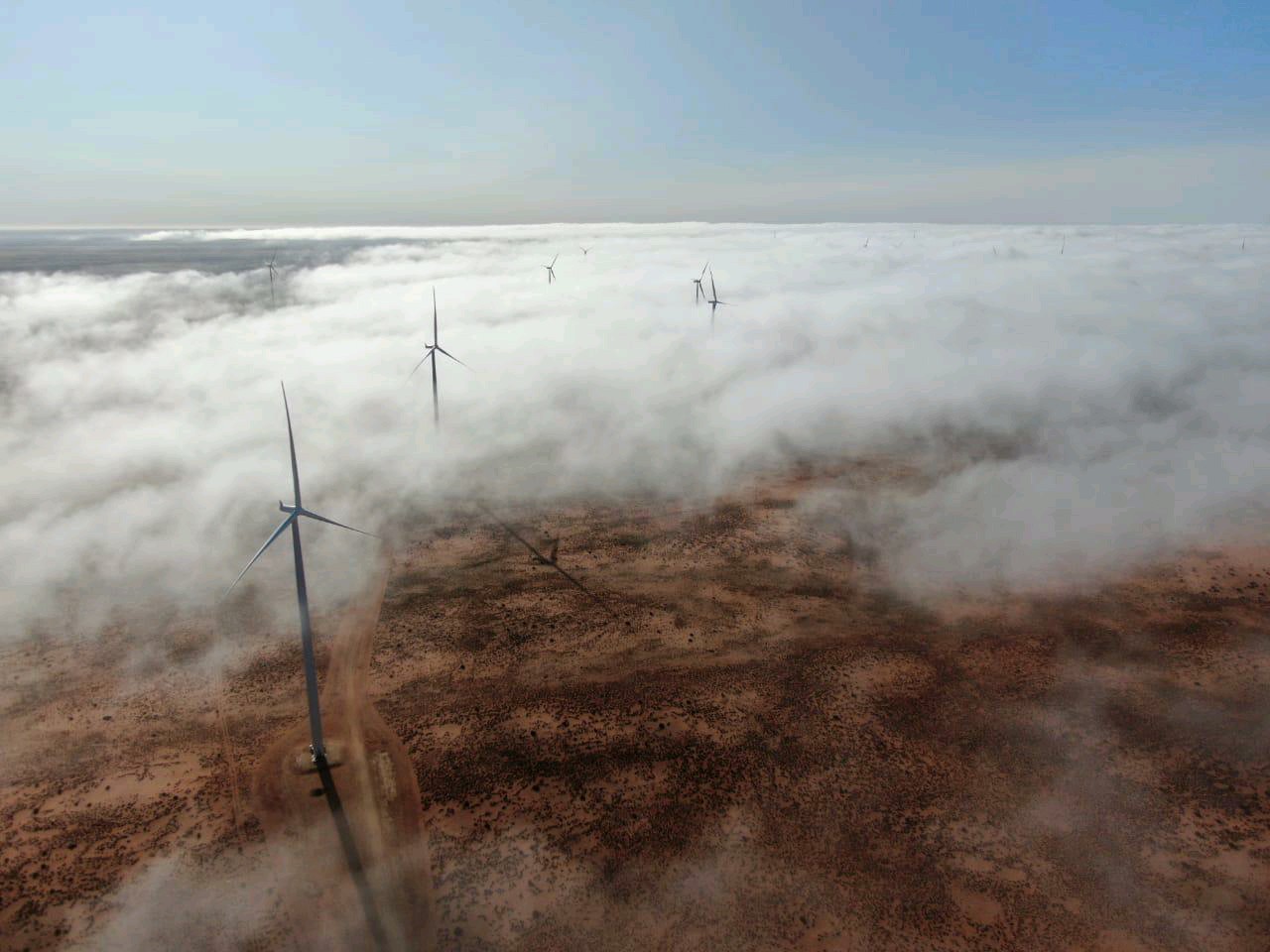South Africa’s Minister of Mineral Resources and Energy (DMRE), Mr. Gwede Mantashe, has announced yesterday the preferred bidders for the Renewable Energy Independent Power Producers Procurement Programme (REIPPPP) Bid Window 5.
The round resulted in the selection of five consortium as preferred bidders for 25 projects totalling 2,583 MW of renewable energy. The bidders will jointly invest R50 billion in those projects, expected to reach financial close early next year and to start generating by April 2024. Out of the 2.5GW of awarded capacity, 1,608 MW will be based on onshore wind and 975 MW on solar PV.
Mainstream Renewable Power alone secured 12 projects totaling 1,274 MW (824 MW of onshore wind and 450 MW of solar PV). To date, the company has been awarded over 2.1 GW of renewable energy projects under the REIPPPP and has become the largest renewable energy developer of the country by capacity.
The company currently owns 100% of the projects awarded but ownership will transfer to the equity consortium upon financial close including Mainstream (25%), Globeleq (26%), Africa Rainbow Energy & Power (23.25%), H1 Holdings (23.25%) and Community Trusts (2.5%).
Other preferred bidders notably include Scatec with 273 MW, a Norwegian company that entered the South African energy market back in 2010 and already commissioned several solar PV projects under previous REIPPPP windows. Scatec had also secured three solar projects totaling 150 MW during the 2 GW Risk Mitigation IPP procurement programme (RMIPPPP) earlier this year.
Scatec will own 51% of the equity in the projects while its local Black Economic Empowerment partner H1 Holdings will own 46.5% and a Community Trust holding will hold the remaining 2.5%. Scatec will also be the Engineering, Procurement and Construction (EPC) provider and provide Operation & Maintenance as well as Asset Management services to the power plants.
EDF Renewables secured three projects, as did Engie and Red Rocket. Finally, the joint-venture of Mulilo and Total secured one project. Mulilo Total is already progressing two projects it has been awarded under the RMIPPPP last June, with a combined capacity of almost 275 MW.
Window 5 resulted in some of the cheapest bid price on record, making South Africa’s wind and solar energy very competitive against coal.
From 2012 to 2015, South Africa already awarded 6.3 GW of renewable energy capacity via windows 1, 2, 3, 3.5 and 4. Thousands of jobs were created, while attracting billions on foreign direct investment. While the projects from Window 4 are just reaching commissioning stage, South Africa just closed its Risk Mitigation IPP Procurement Programme (RMIPPPP), awarding another 2 GW of projects earlier this year.
Following Window 5, Window 6 is expected to be launched this year to announce the winners in May 2022, while Window 7 would be launched in 2022 to that winners are awarded in Q3 of the same year.
Finally, South Africa is also planning a storage and gas-specific windows, with the former launched in November this year while the latter would see its request for proposal issued in Q1 2022.

